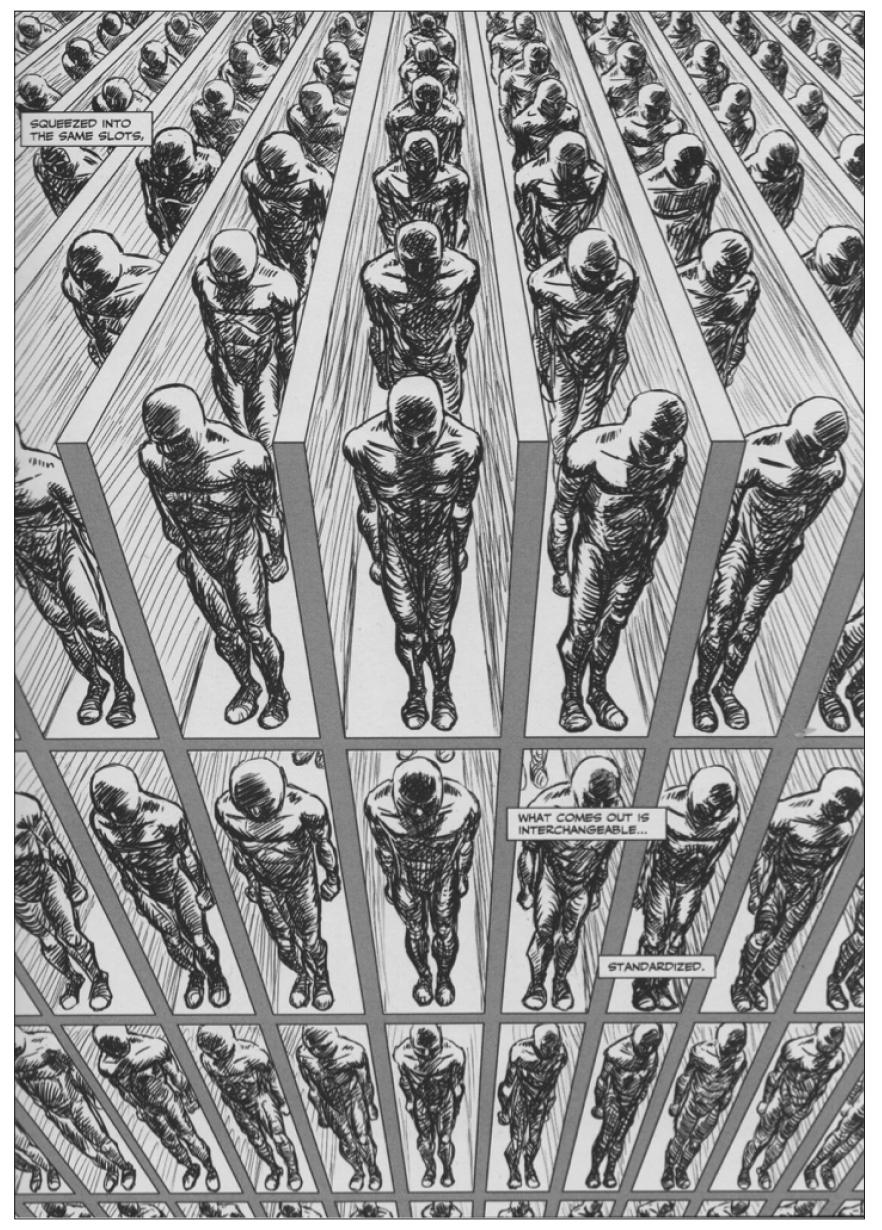Changing the Story
Some of us, like Jared, have been teaching in these new hybrid environments for a few weeks now. He writes about that experience in his post this week. It was exactly the message that I needed when he shared the draft with me on Wednesday.
My school is now making the transition from a distance learning situation to a “de-densified”—the neologisms abound!—schedule where students have been split into morning groups and afternoon groups. The good news: we only have about half of our students on campus at any given time. The bad news: I have to teach each class twice while also planning asynchronous activities for students to work through so we can accomplish the curriculum. Moreover, some students are in the classroom, but others are joining us via video conference.
The first day of this, for me, felt like a complete train wreck. I honestly haven’t felt this way since my first couple of weeks of full-time teaching. As I told students, I feel like my teacher utility belt has been robbed of so many of its tricks and hacks. I don’t yet have a playbook for navigating these hybrid frankenspaces.
I spent all night thinking about this, even losing sleep over it.
The next morning, however, I woke up and told myself that I needed to change my story. I had created a certain narrative in my mind about how terrible this was and how I wasn’t going to be good at my job anymore. These types of narratives have a way of becoming self-fulfilling prophecies. It’s best to excise them from your brain.
So, I started by listing the things I can’t control:
- I can’t control the schedule.
- I can’t control the masks and the plastic barriers.
- I can’t control the camera in my room.
OK. I can’t control them; I can’t change them. What can I control?
- I can control the way I interact with my students.
- I can control the pace at which we move through the material.
- I can control the activities that we do in my classes.
Great! Let’s start with those. Rather than complaining about the things I can’t control, I want to make the story about the things that I can.
It’s not easy.
We change the story by making progress. We change the story by saying, “Today, I will accomplish what I can today.” Tomorrow will be here soon enough, so let’s just deal with this moment.
Take a deep breath. Reframe your story.
What do you control? Where do you find your power? Now, go claim it!
This Week on ROOTED

From Around the Web
Each week, we collect a few bits and bobs from around the web that will have you thinking over the weekend. Some of them are practical, some are theoretical, but all are worth a read.




Favorite Tweet This Week
Joel Garza caught my attention with this tweet this week:
G-d bless these Ss when they ask me how I want something done, & I’m, like, “Well, what do *you* want to do with it?” & somehow they DON’T climb through the internet to punch me in the throat 😂😬
— Joel /hō•ÉL/ Garza is cofounder of #THEBOOKCHAT 📓 (@JoelRGarza) September 3, 2020
S agency, open-ended work ... it takes time to make that kinda thing the norm pic.twitter.com/3hIFJ1Cvsd
Creating that kind of classroom culture is a slow process; creating that kind of school culture is even slower. I’ve got some things in the works on this, by the way, stay tuned!
ROOTED Wants You!
We are actively seeking the voices of our colleagues out there. If you're a rooted educator who has some thoughts for all of us on the ground, then please head over to the submissions page.
We want to hear from you! We need to hear from you!



Comments